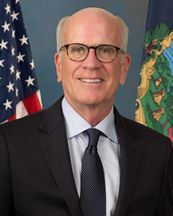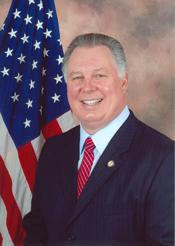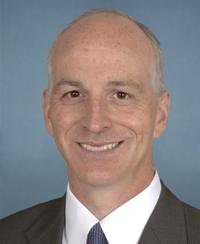0
CLOSE Act
3/8/2023, 7:58 PM
Summary of Bill HR 2302
The CLOSE Act aims to close these loopholes by implementing several key provisions. First, the bill would require corporations to disclose more information about their offshore subsidiaries and the taxes they pay in foreign countries. This increased transparency would make it harder for corporations to hide their profits in offshore tax havens.
Additionally, the CLOSE Act would crack down on corporations that engage in profit shifting, a practice where companies artificially shift their profits to low-tax countries to avoid paying taxes in the US. The bill would establish new rules to prevent this type of tax avoidance and ensure that corporations pay taxes on the profits they earn in the United States. Overall, the CLOSE Act is designed to level the playing field for small businesses and ensure that all corporations pay their fair share of taxes. By closing corporate tax loopholes and cracking down on profit shifting, this bill aims to generate additional revenue for the US government and promote a more equitable tax system.
Congressional Summary of HR 2302
Closing Loopholes for Oil and other Sources of Emissions Act or the CLOSE Act
This bill repeals exemptions from the Clean Air Act under which (1) emissions from oil and gas wells and pipeline facilities are excluded from aggregation with emissions from other similar units for purposes of determining major sources, and (2) the Environmental Protection Agency (EPA) excludes oil and gas production wells from being listed as area sources.
Additionally, the bill requires the EPA to issue a final rule adding hydrogen sulfide to the list of hazardous air pollutants under the Clean Air Act and revising such list to include categories and subcategories of major sources and area sources of hydrogen sulfide, including oil and gas wells.





